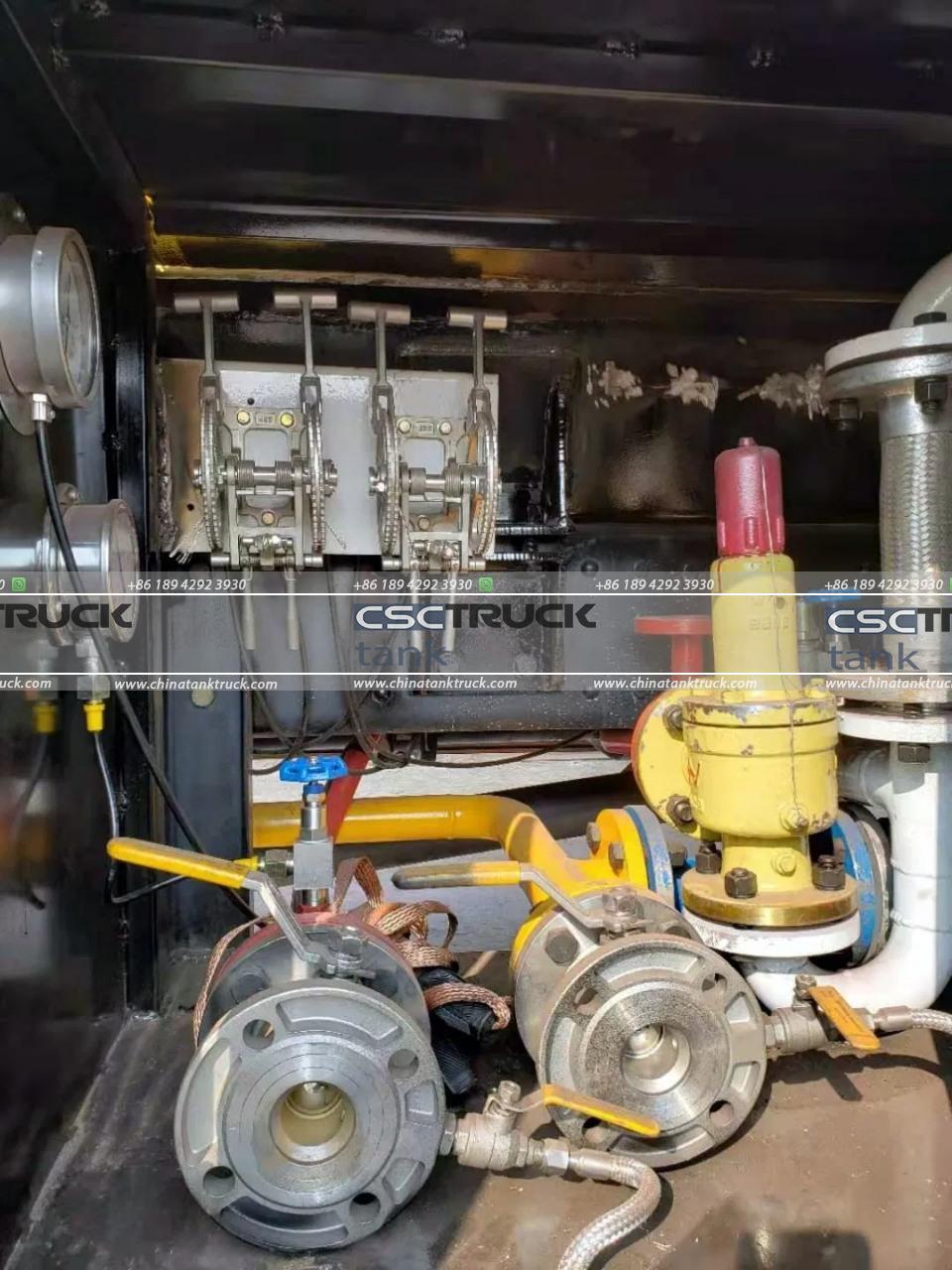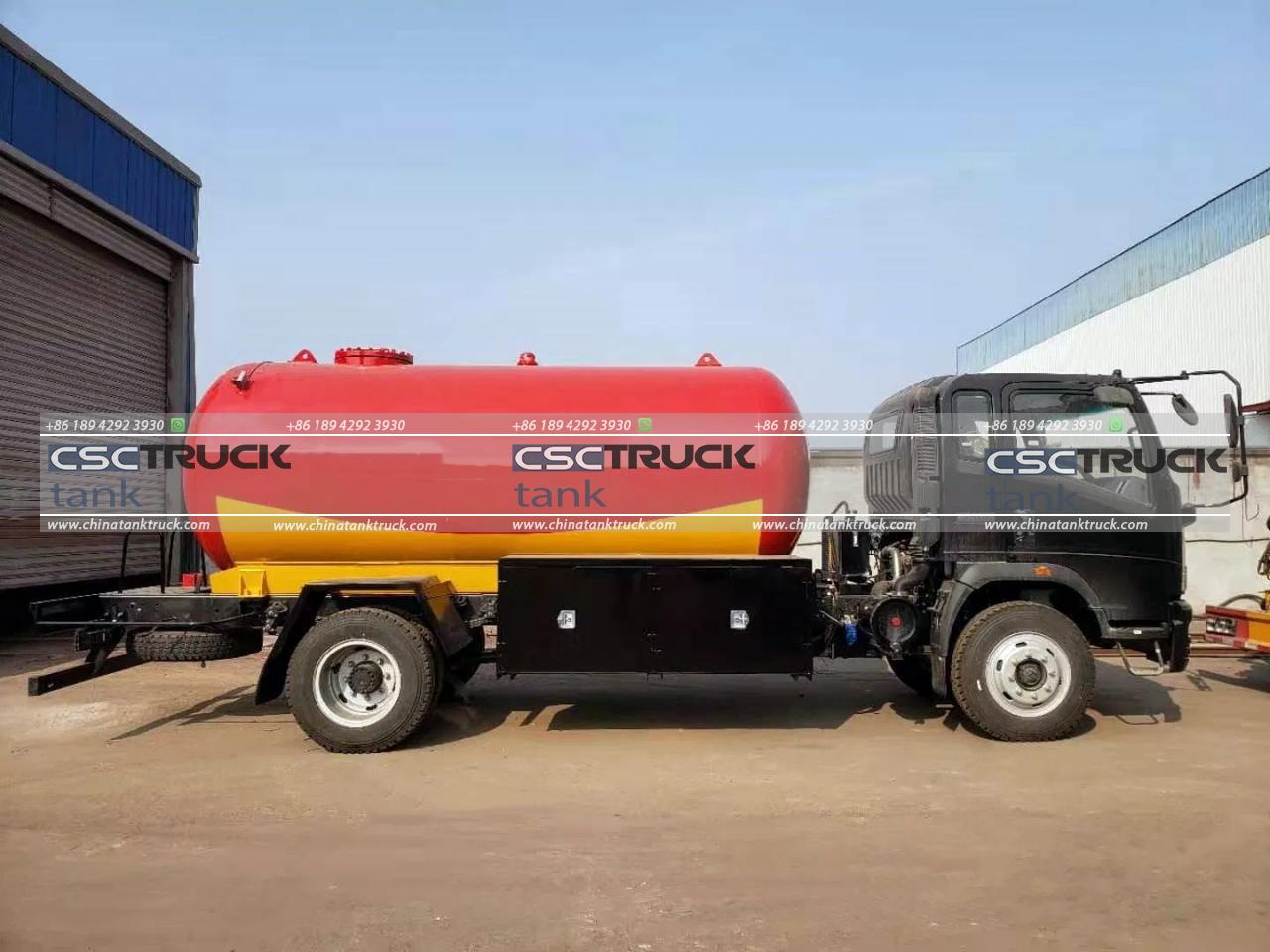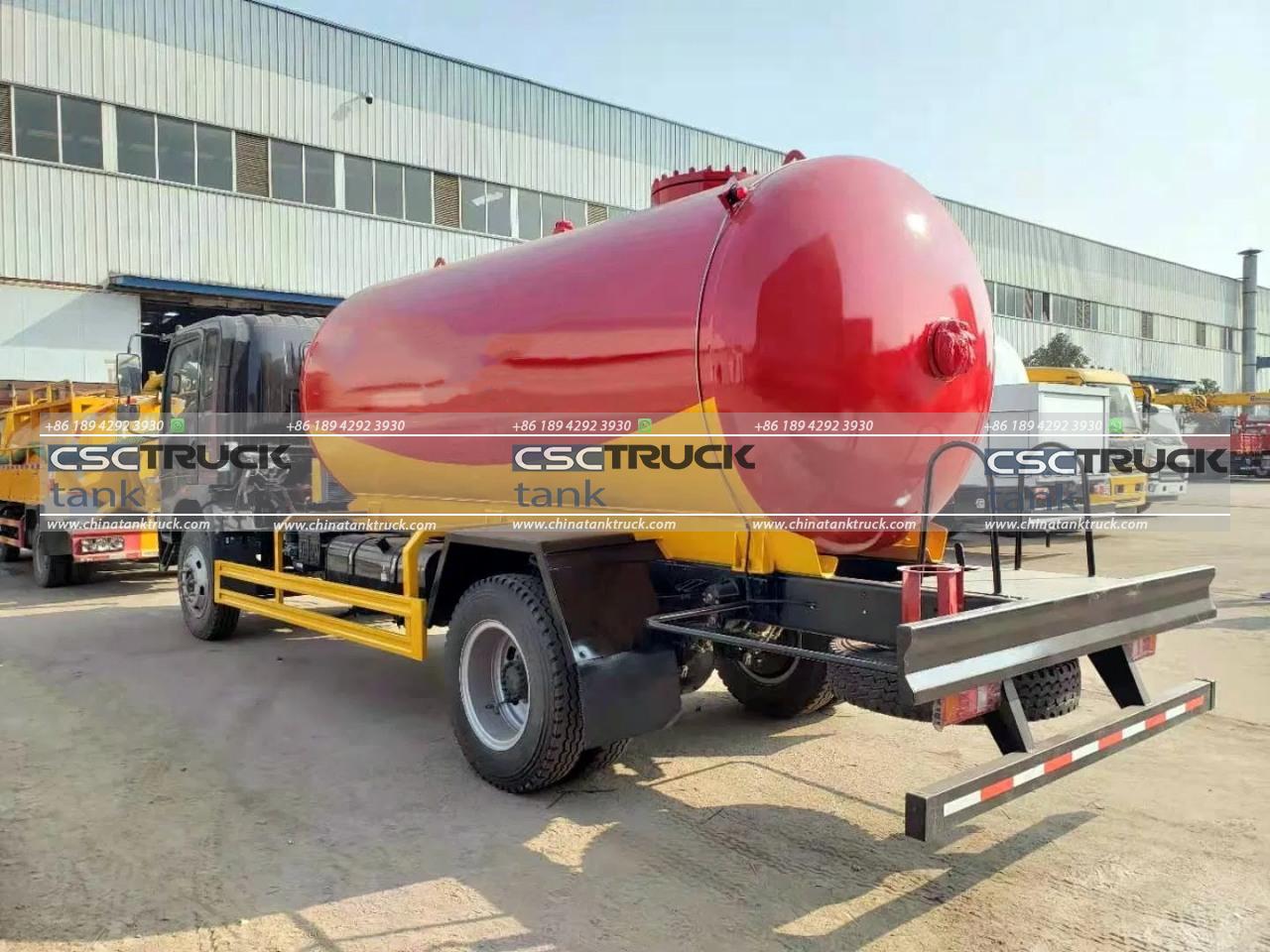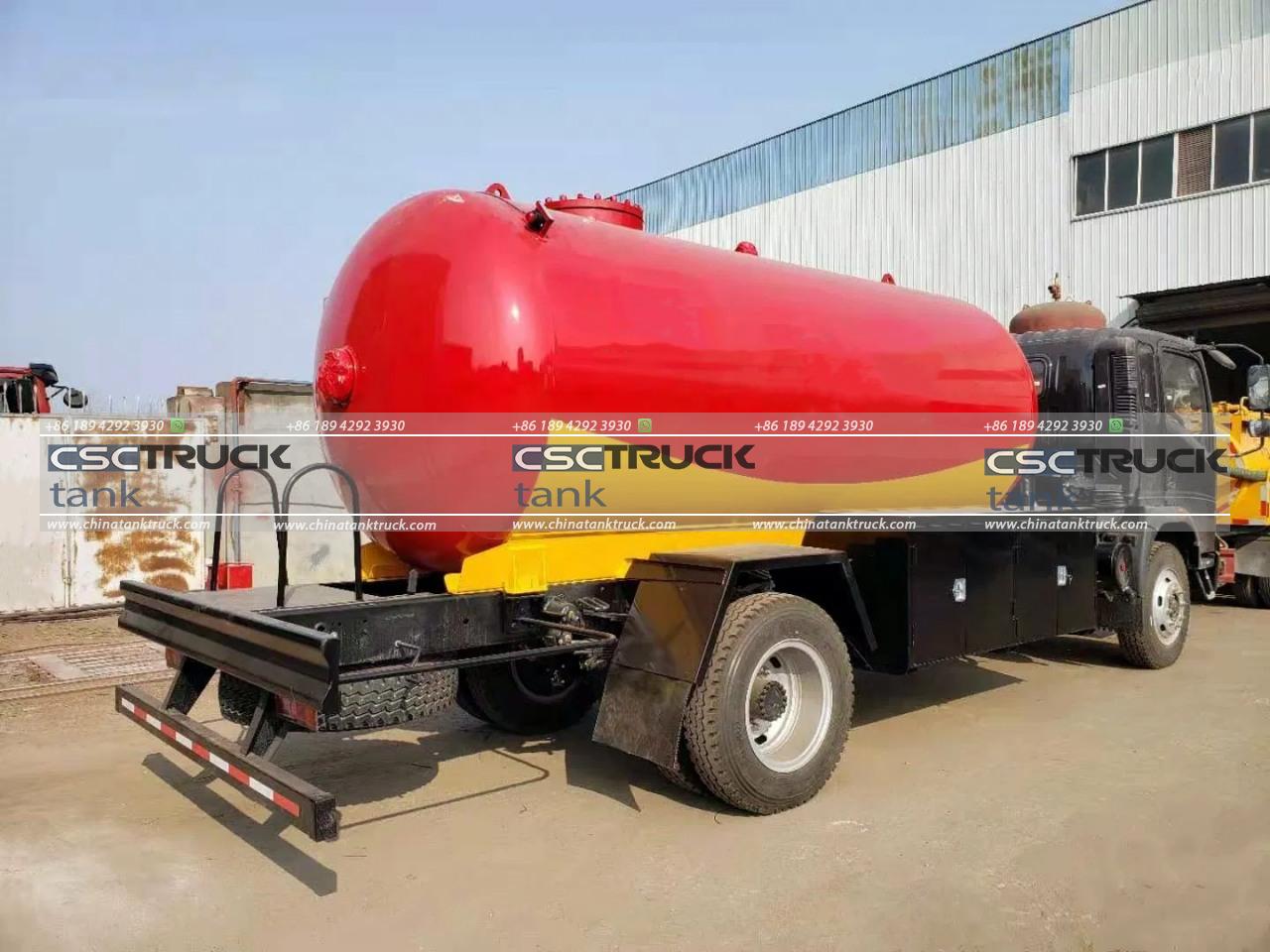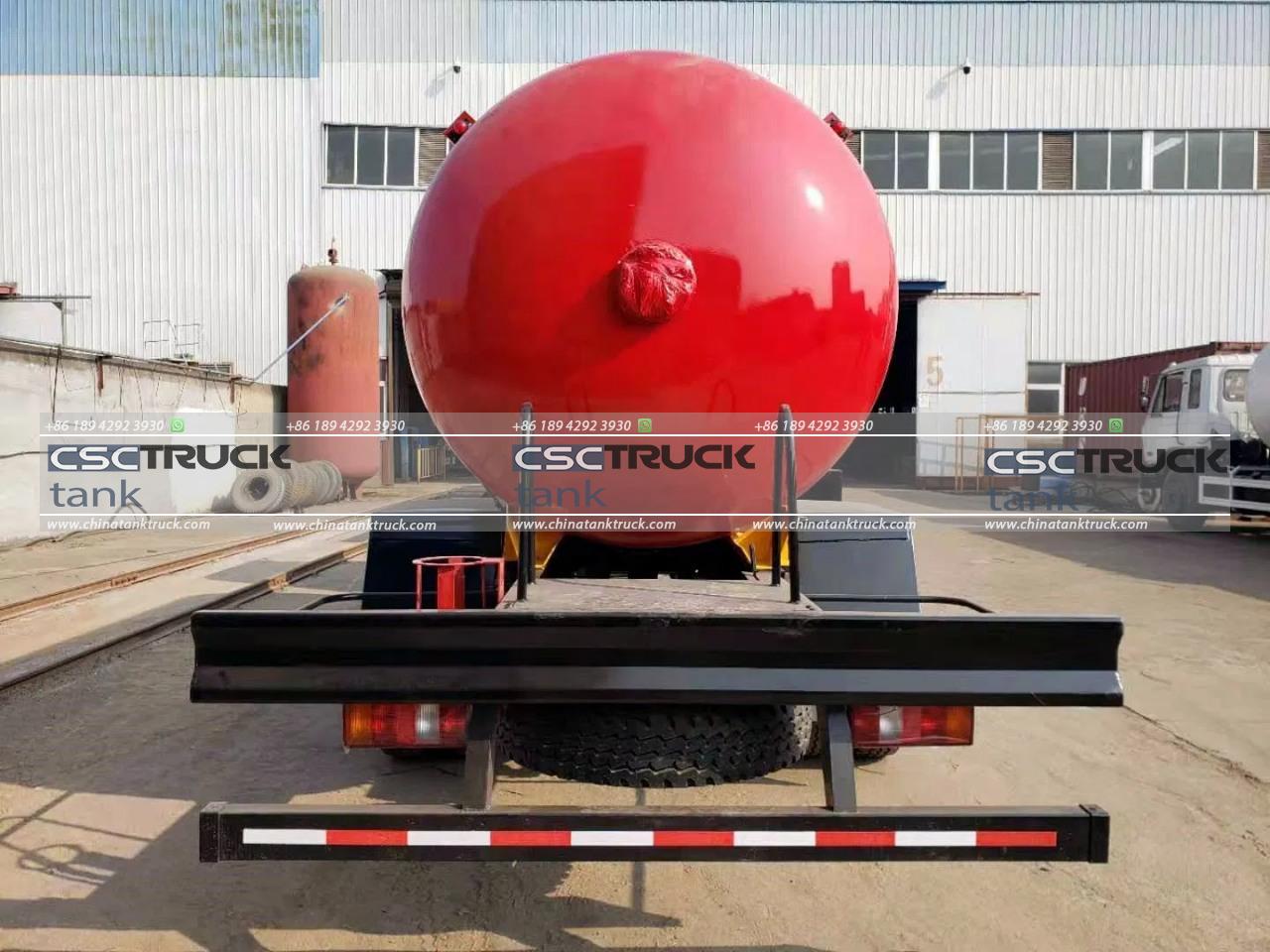Everything You Need to Know About Propane Tank Trucks
Propane tank trucks, also known as bobtail trucks, play a crucial role in transporting liquefied petroleum gas (LPG), commonly referred to as propane, from distribution centers to residential, commercial, and industrial consumers. These specialized vehicles are engineered with precision to ensure safety, efficiency, and reliability in delivering this highly flammable gas. In this article, we’ll explore their construction, features, safety measures, operations, and the vital role they play in modern logistics.
1. What Are Propane Tank Trucks?
Propane tank trucks are specialized vehicles designed to transport propane in its liquefied state. Unlike regular fuel tankers, these trucks are equipped to handle the specific requirements of propane, including pressurization and temperature control.
Key Features:
- Pressurized Tanks: Propane remains in a liquid state under moderate pressure. The tanks are designed to maintain this pressure and prevent gasification.
- Capacity: Most propane tank trucks have capacities ranging from 1,000 to 5,000 gallons, depending on the truck size and its intended use.
- Bobtail Design: The majority of these trucks feature a bobtail configuration, characterized by a short tank mounted on a truck chassis, making them more maneuverable in residential and rural areas.
2. Construction and Design
The construction of propane tank trucks involves specialized materials and technologies to ensure safety and efficiency.
Tank Material:
The tanks are typically made of high-strength steel or aluminum alloy. These materials are resistant to corrosion and can withstand the pressures associated with storing liquefied propane.
Tank Shape and Configuration:
- Cylindrical Shape: The tanks are cylindrical to evenly distribute pressure and enhance structural integrity.
- Compartments: While most propane tanks are single-compartment for simplicity, some larger transporters may have multiple compartments.
Insulation and Safety Valves:
- Thermal Insulation: To prevent temperature fluctuations that could lead to pressure changes, tanks are insulated to maintain a consistent internal environment.
- Relief Valves: These valves prevent over-pressurization by releasing small amounts of gas when necessary.
3. Propane Delivery System
The delivery system on propane tank trucks is designed to safely and efficiently transfer propane from the truck to storage tanks at customer locations.
Components:
- Pump: A powerful pump ensures the controlled transfer of propane.
- Hose Reel: A retractable hose allows operators to reach storage tanks, even if they are some distance from the truck.
- Metering System: A precision metering system accurately measures the volume of propane delivered.
Delivery Process:
- The truck arrives at the delivery location.
- The operator connects the hose to the storage tank’s inlet valve.
- The pump is activated to transfer propane.
- The metering system records the volume delivered, which is then reflected on the customer’s receipt.
4. Safety Features
Transporting propane is inherently risky due to its flammability and potential for explosions. Propane tank trucks are therefore equipped with a range of safety features.
Primary Safety Systems:
- Emergency Shut-Off Valve (ESV): This valve instantly halts the flow of propane in emergencies.
- Pressure Gauges: Operators monitor these gauges to ensure that tank pressure stays within safe limits.
- Breakaway Couplings: These fittings automatically disconnect and seal the hose if it is accidentally pulled, preventing leaks.
Safety Standards:
Propane tank trucks are built to comply with stringent safety standards set by organizations such as the U.S. Department of Transportation (DOT) and the National Fire Protection Association (NFPA).
5. Maintenance and Inspections
Regular maintenance and inspections are critical to ensure the continued safe operation of propane tank trucks.
Routine Maintenance:
- Checking and testing relief valves.
- Inspecting hoses for wear and tear.
- Ensuring the integrity of the tank and connections.
Periodic Inspections:
In the United States, propane tanks are subject to periodic requalification, including pressure tests and visual inspections. These inspections help identify potential weaknesses before they become hazardous.
6. Applications of Propane Tank Trucks
Propane tank trucks serve diverse markets and applications, making them a versatile component of the energy logistics chain.
Residential:
- Heating homes during the winter months.
- Supplying propane for cooking and water heating.
Commercial:
- Delivering propane for commercial kitchens, heating systems, and backup power generation.
Industrial:
- Fueling forklifts, generators, and other equipment.
- Supplying propane for agricultural uses, such as crop drying.
7. Challenges in Propane Transportation
While propane tank trucks are highly reliable, they face several challenges.
Environmental Factors:
- Extreme cold can increase the risk of propane freezing in delivery hoses.
- High temperatures may cause pressure fluctuations within the tank.
Regulatory Compliance:
Operators must adhere to local, national, and international laws governing the transport of hazardous materials. These regulations include proper labeling, documentation, and training.
Driver Training:
Propane delivery drivers require specialized training to handle emergencies, operate the truck’s equipment, and understand the properties of propane.
8. Advancements in Propane Tank Truck Technology
Technology is continually improving propane tank trucks, enhancing their safety, efficiency, and environmental impact.
Automated Systems:
- Modern trucks feature automated monitoring systems that alert operators to pressure changes or potential leaks in real-time.
Telematics:
- GPS tracking and telematics help optimize delivery routes, reducing fuel consumption and delivery times.
Eco-Friendly Innovations:
- Propane-powered engines are being used in some delivery trucks, reducing emissions and aligning with the sustainability goals of propane companies.
9. Economic Importance of Propane Tank Trucks
Propane tank trucks are a vital link in the energy supply chain, especially in areas without natural gas pipelines. They ensure that millions of households and businesses have access to reliable energy.
Key Economic Roles:
- Supporting rural economies by delivering energy to remote areas.
- Enabling industries to operate in off-grid locations.
- Ensuring a steady supply of propane during peak demand periods, such as winter.
10. Conclusion
Propane tank trucks are a testament to the ingenuity of modern engineering, combining robust construction with advanced safety and operational systems. They are indispensable for transporting propane safely and efficiently to end users across residential, commercial, and industrial sectors. By continually evolving with new technologies and adhering to strict safety standards, propane tank trucks remain a cornerstone of the energy distribution network.
Whether you are an industry professional, a business owner, or simply someone curious about the logistics of energy distribution, understanding the role and capabilities of propane tank trucks highlights their importance in our everyday lives. Their specialized design, rigorous safety measures, and adaptability ensure that propane can be delivered where it’s needed when it’s needed, all while maintaining the highest standards of safety and reliability.
